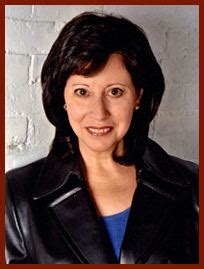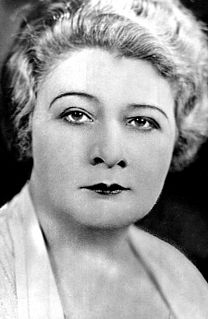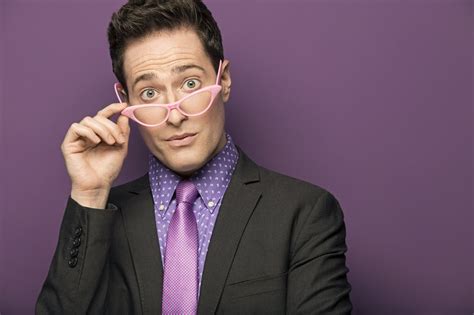A Quote by Linda Barnes
Yiddish is the voice of exile, the tongue of ghettos, but I'll shed a tear when it joins ancient Greek and dead Latin. For gossip and insult, you can't beat Yiddish.
Related Quotes
Even though I loved the song [My Yiddish Momme] and it was a sensational hit every time I sang it, I was always careful to use it only when I knew the majority of the house would understand Yiddish. However, you didn't have to be a Jew to be moved by 'My Yiddish Momme.' 'Mother' in any language means the same thing.
I work in Hebrew. Hebrew is deeply inspired by other languages. Not now, for the last three thousand years, Hebrew has been penetrated and fertilized by ancient Semitic languages - by Aramaic, by Greek, by Latin, by Arabic, by Yiddish, by Latino, by German, by Russian, by English, I could go on and on. It's very much like English. The English language took in many many fertilizations, many many genes, from other languages, from foreign languages - Latin, French, Nordic languages, German, Scandinavian languages. Every language has influences and is an influence.
I have another aspect of my career where I'm a scholar of Yiddish and Hebrew literature, and I'll say that when you study Yiddish literature, you know a whole lot about forgotten writers. Most of the books on my shelves were literally saved from the garbage. I am sort of very aware of what it means to be a forgotten artist in that sense.
Yiddish, originally, in Eastern Europe was considered the language of children, of the illiterate, of women. And 500 years later, by the 19th century, by the 18th century, writers realized that, in order to communicate with the masses, they could no longer write in Hebrew. They needed to write in Yiddish, the language of the population.
The truth is that what the great religions preached, the Yiddish-speaking people of the ghettos practiced day in and day out. They were the people of The Book in the truest sense of the word. They knew of no greater joy than the study of man and human relations, which they called Torah, Talmud, Mussar, Cabala.


































